by Glenn Paauw, Institute for Bible Reading
Reading the Bible well doesn’t happen automatically. There
are steps we must take to ensure we’re receiving the Bible on its own terms.
We read a well-translated Bible, and we read it
holistically. We read complete literary units. If at all possible, we read in a
nice, clean, elegant Reader’s Bible. They’re built to make reading easier and
better, so no surprise there. But wait. Who is reading? We are. We are reading.
Really? We? Yes.
Why?
Because, first, research shows that most of us are not
really reading the Bible very much. And second, when we do read it, it’s not
really we who are reading. It’s more
like me or you. In other words, those who are
doing something with the Bible are overwhelmingly doing it alone.
The fact is, we’ve largely privatized our experiences with
the Bible. We hold up the “daily quiet time” as the center of what we’re
supposed to do with the Bible. We’ve created a culture in which an individual Bible
experience is at the heart of what a serious Bible reader does.
Alone with a Bible, I have my private time with God.
Which is fine.
Of course, none of this is a problem as far as it goes. It’s
great to read your Bible alone. Lots of very good things can and do happen.
But not all the good things that God intended. Two
historical points are really important here. First, when the Scriptures were
first experienced by God’s people, they were always experienced in community.
There were very few copies, so a village in ancient Israel or one of the
earliest Christian gatherings would at most have a copy of some of the books
that now make up the Bible. As such, these Bible portions would be read aloud
for the community, and people would simply listen.
Now, they could listen well and remember what they heard
because they lived in an oral culture, a far cry from our context, in which
written materials are so readily available. The historical evidence also shows
that these listening experiences were interactive, not merely one-way
communication. Everyone (including the leaders) was processing the sacred words
together.
Secondly, and just as importantly, the original audience
knew that the Bible itself was a community-formation book, not a private
me-and-God book. The word you in the
Bible is most often a plural word, not singular. God’s Word is addressed to the
gathered people of God and is intended to speak to them in their corporate beliefs
and actions. As a group, they were being invited to get caught up in God’s
great restoration movement.
We’ve moved away from this ancient, oral, community-based
culture in lots of ways. In fact, it is worth noting that the Bible first
became widely available to individuals in their own language right at the same time
that modern individualism was growing as a cultural force. We live and move and
have our being in this individualism. It is the air we breathe. Without even
thinking about it, we think and act in independent, self-oriented ways.
So for us, recovering a deep, transformative engagement with
the Scriptures has to include rediscovering ways of experiencing the Bible
together. And this means more than doing a Bible study together. We must back
up a step and find new ways of simply reading the Bible together, listening to
it being read and letting the words wash over us.
Then we must craft new ways of interacting openly and
honestly with what we’ve read or heard. We must learn the humility to speak our
own views respectfully and well, and then listen closely and seriously to what
others have to say.
This communal engagement will look more like a book club
than a traditional Bible study.
Finally, we need to think about the communal implications of
a passage, not just the personal impact for ourselves as isolated individuals.
Our Bible reading must explicitly raise community-based questions. What kind of
community will embody this teaching or instruction? How can we become that kind
of community?
Bringing community-based engagement back to our Bible reading won’t happen unless we are intentional about making it happen. The Institute for Bible Reading has created a whole-church-based Bible reading program called Immerse precisely for this reason.
We don’t see, hear, experience, or know enough to experience
the Bible sola me. We are too small to
try to read this grand story only by ourselves. Together, we are the people of
God’s new creation, and we need each other—even in our Bible reading,
understanding, and, yes, living.
Read more from Glenn on how to receive the Bible on its own terms.




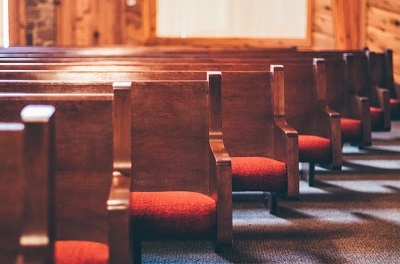



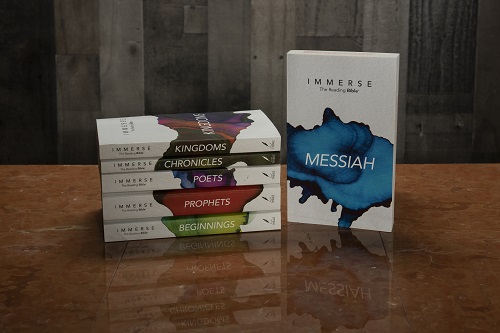



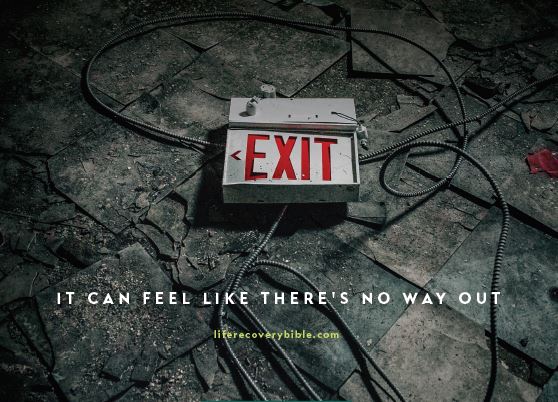
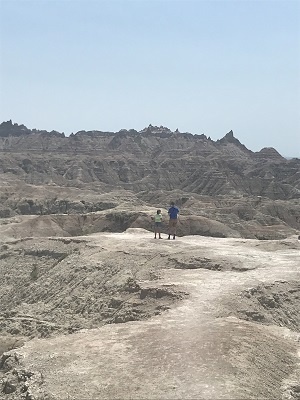
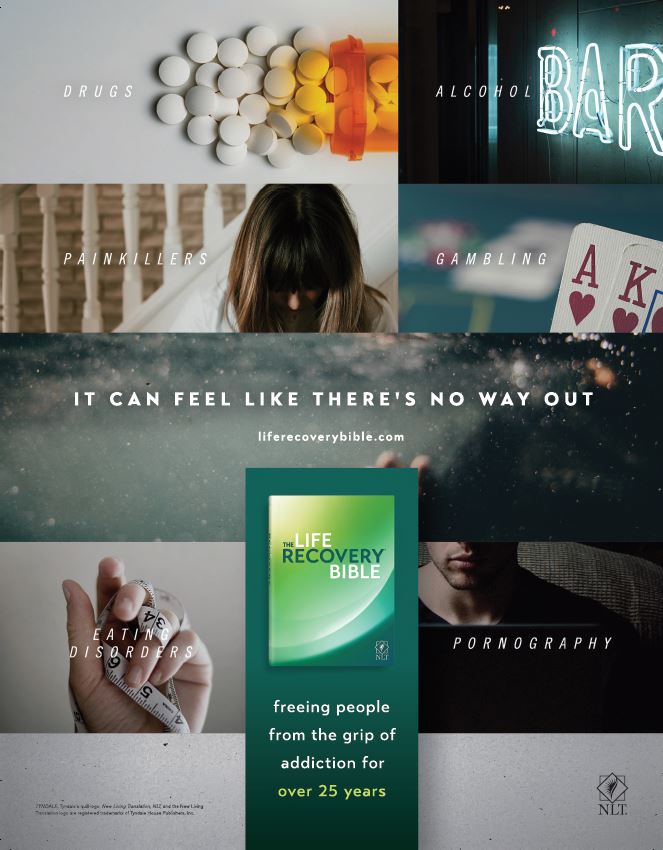

Recent Comments